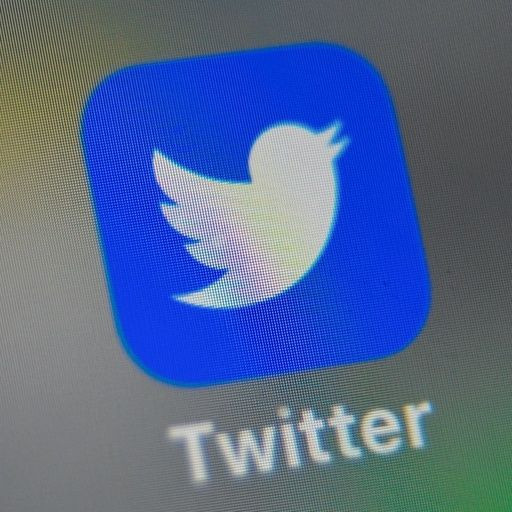Social Media To Play A Big Role In 2020 Elections? Twitter Gives New Details On Political Ad Ban Ahead Of Rollout

Twitter on Friday announced key details of its political ads ban that will be rolled out next week, saying that the platform will have two policies: one for "political content" and the other for "cause-based advertising."
The ban on "political content" will cover “content that references a candidate, political party, elected or appointed government official, election, referendum, ballot measure, legislation, regulation, directive, or judicial outcome.” This means that users will no longer see any ads for political candidates on the platform, a major blow to 2020 candidates who might have wanted to use Twitter to reach out to voters.
The ban on "cause-based advertising" is more complicated. Advertising that will promote a certain policy outcome on topics such as abortion or climate change will be banned but general advertising trying to raise awareness about a political issue would be allowed. For example, an ad raising awareness about gun violence in the U.S. would be allowed but an ad advocating for the passing of certain gun control legislation would be banned.
We’ve made the decision to stop all political advertising on Twitter globally. We believe political message reach should be earned, not bought. Why? A few reasons…🧵
— jack (@jack) October 30, 2019
Twitter CEO Jack Dorsey announced on Oct. 30 that the platform would ban political advertising, after controversy surrounding Facebook's stance on the issue. Facebook will allow political advertising that is exempt from third-party fact-checkers, which means that political candidates could possibly spread misinformation.
Sen. Elizabeth Warren of Massachusetts has trolled Facebook on its lax policy, with her campaign putting up false ads on Facebook suggesting that Facebook CEO Mark Zuckerberg endorsed Donald Trump for re-election.
Trump campaign manager Brad Parscale has called Twitter's new policy "yet another attempt to silence conservatives, since Twitter knows President Trump has the most sophisticated online program ever known."
Conservatives have often criticized social media companies for supposedly censoring right-wing views on social media but disinformation was a major issue during the 2016 election. The U.S. intelligence community has found that Russia promoted disinformation and fake news on social media to promote Trump and denigrate his opponent Hillary Clinton.
© Copyright IBTimes 2024. All rights reserved.




















